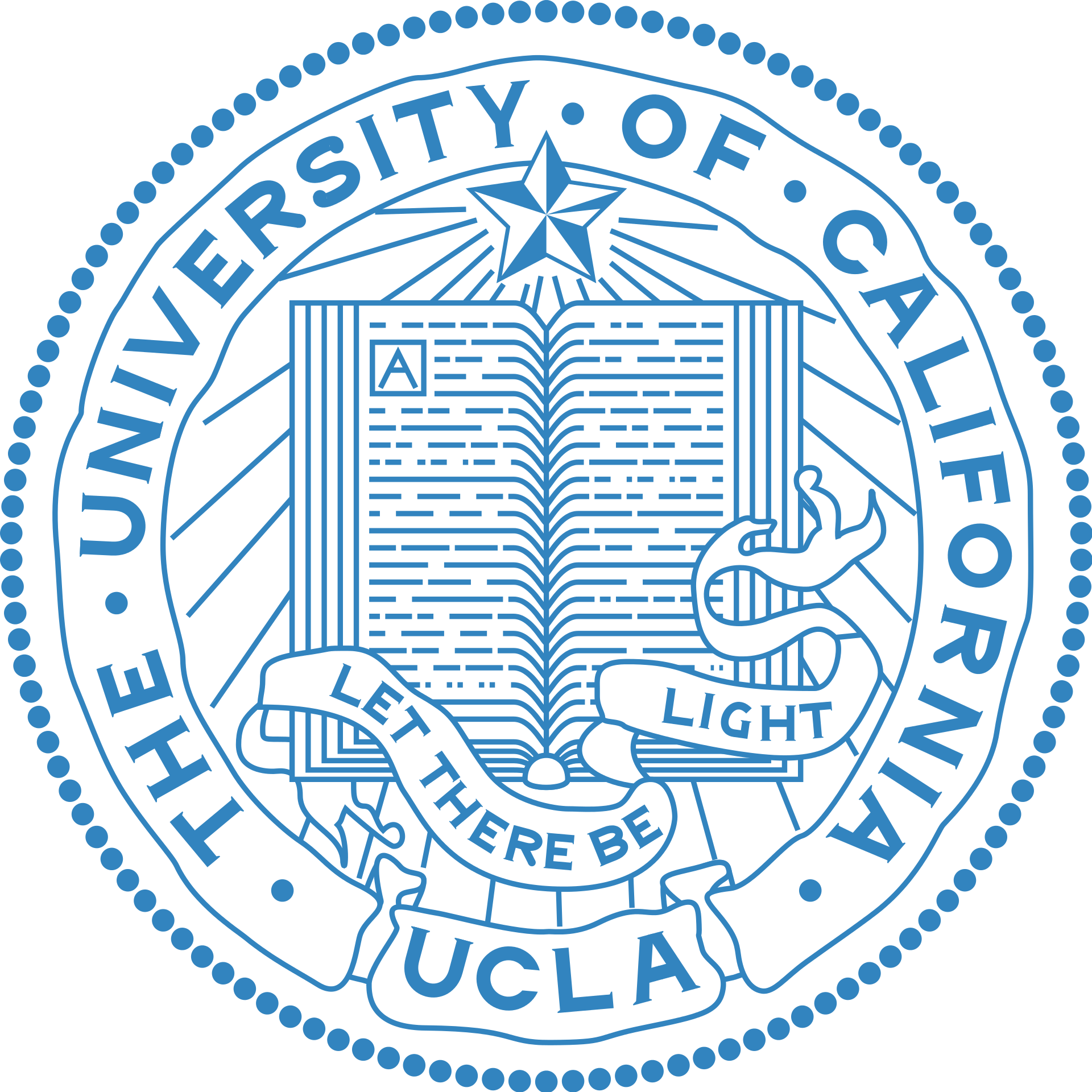Identifying therapeutic targets for heart diseases and diabetes
High cholesterol, diabetes, and cardiovascular disease are the leading causes of death in industrialized societies, and the common denominator between these disorders is that they all involve problems related to too much lipid in the blood and abnormal lipid metabolism. Dr. Peter Tontonoz, Professor of Pathology and Laboratory Medicine at University of California, Los Angeles, is trying to identify potential new targets to intervene in diseases that involve lipid metabolism -- namely, atherosclerosis and diabetes, which also has significant ties with obesity as obesity increases the risk for Type 2 diabetes. By deciphering links between lipid metabolism, inflammation, and immunity, and identifying novel mechanisms that control cholesterol metabolism, Dr. Tontonoz will develop strategies to therapeutically target these new pathways for the treatment of heart disease, obesity and diabetes.
A physician scientist himself, Dr. Tontonoz manages a talented team of 17 researchers including graduate students, postdoctoral fellows, and technicians -- some with M.D.s and some others with both Ph.D.s and M.D.s. Having initially started his career with the goal of understanding biology so that he could harness that understanding to improve existing treatment of diseases, Dr. Tontonoz truly values the importance of understanding both scientific and clinical settings and builds a robust group of researchers who possess basic science expertise and strong clinical history. Together, they are working on several molecules they are interested in as potential drug targets, and will continue to work towards translating basic research into human medicine.
Current research goals include:
- To identify novel mechanisms that control cholesterol metabolism: Dr. Tonotonoz’s team use molecular biological and physiological studies to understand how the body regulates the levels of cholesterol within cells and in the bloodstream. Their expectation is that elucidating these mechanisms will provide new targets for the development of drugs to lower cholesterol levels. As one example, they have identified a protein called IDOL that controls expression of the LDL receptor. They are working to develop small molecules that increase LDL receptor expression, and thereby lower blood cholesterol levels.
- To define pathways for regulation of obesity and lipid storage in adipose tissue: Adipose tissue, better known as “fat” is an important organ for the storage of energy, but excess adipose tissue is associated with obesity and diabetes. The incidence of these conditions is increasing rapidly. Thus, there is an urgent need for a better understanding of the pathways that control adipose tissue development. In addition, they are working towards understanding why too much adipose tissue is a risk factor for type 2 diabetes.
- To decipher links between lipid metabolism, inflammation and immunity: It is now recognized that inflammation and immune responses are linked to the development of metabolic diseases such as atherosclerosis and diabetes. However, the underlying mechanisms are unknown. An important goal of this work is to figure out how inflammation and immune cells affect metabolic pathways and how their actions contribute to disease.
- To understand how brain lipid metabolism affect neurological function and disease: Alterations in lipid metabolism in the brain may contribute to the development of neurological diseases including Alzheimer’s disease. Dr. Tontonoz’s team is studying the function of the LDL receptor and other lipid-binding proteins in the brain to understand their function in both normal physiology and disease. Recent work has shown that regulating LDL receptor abundance in the brain can slow the Alzheimer’s disease in mouse models.

Bio
Dr. Tontonoz is Professor of Pathology and Laboratory Medicine, David Geffen School of Medicine Dean's Scholar, and an Investigator of the Howard Hughes Medical Institute. He received his B.A. from Wesleyan University and his M.D. and Ph.D. from Harvard Medical School. His Ph.D. thesis was carried out at the Dana-Farber Cancer Institute and his postdoctoral training at the Salk Institute for Biological Studies. He completed his residency training in Pathology at the University of California, San Diego.
The focus of his research laboratory is the control of gene expression by lipids and the role of nuclear receptors in lipid metabolism. His major research contributions include the delineation of role of PPAR and LXR in adipogenesis and atherosclerosis, and elucidation of mechanisms of crosstalk between metabolism, inflammation, and immunity. Dr. Tontonoz is the recipient of the Richard. E. Weitzman and Gerald D. Aurbach Awards from the Endocrine Society, the Jeffrey M. Hoeg Award for Basic Science and Clinical Research from the American Heart Association, and a Bristol Myers-Squibb Freedom to Discover Award in Cardiovascular Disease. He is a past President of American Society for Clinical Investigation. Dr. Tontonoz serves on a number of editorial boards and is an Editor of Molecular and Cellular Biology.
Dr. Tontonoz was raised in Wilmington, Delaware. Although there was no history of physicians or scientists in the family, his parents nurtured a drive for learning and a curiosity about the natural world from a young age. Dr. Tontonoz he fell in love with biological research during his first laboratory research as an undergraduate. As a graduate student at Harvard, he became particularly interested the problems of obesity and diabetes and heart disease, and has pursued this passion ever since.
When he is not in the laboratory, Dr. Tontonoz enjoys golf, cooking and chasing his two young children.
For more information, visit http://pathology.ucla.edu/body.cfm?id=224&ref=92


